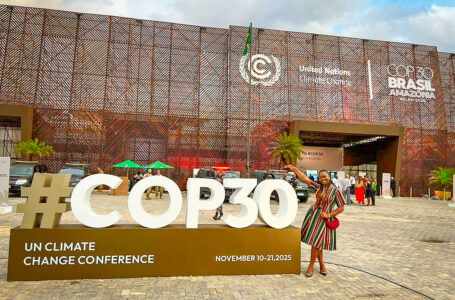European Union to Miss UN Climate Target Deadline

September 18, 2025
The European Union (EU), widely seen as a frontrunner in the energy transition, will miss the deadline set by the United Nations (UN) for setting hard, binding emission-reduction targets in line with Paris Agreement stipulations.

The reason for this is internal disagreements about the targets, with some member states’ governments arguing that a 90% emission reduction target for 2040 from 1990 would be economic suicide.
Reuters reported earlier today that the news about the delay in target-setting will likely be announced later in the day after a meeting of member states’ climate and environment ministers. The ball will then be in the national leaders’ court, after several countries, including Germany, France, and Poland, insisted on this.
Leaders are meeting next month and will discuss the targets then. However, this means that the EU would not be able to submit its emission reduction plan to the United Nations by the deadline, which is the end of this month.
Earlier reports also pointed to a delay in the decision on the emission reduction targets, with Euronews citing European Union diplomats as saying last week that member states were not ready to commit to the proposed targets.

Indeed, Slovakia’s environment minister went further than simply stating the country was not ready. He said the targets, as they are, would kill Slovakia’s economy. “These ideological proposals [2040 climate target] are more proof that Brussels bureaucrats have already lost basic contact with reality. They have no idea what economic danger the European, and unfortunately, the Slovak industry is in,” Tomas Taraba said.
“We cannot support the text as it stands right now. It is not ideal geopolitical timing. Also, the text was put on the table quite late,” an unnamed European Union official told Euronews last week.
Critics of the European Union’s climate change efforts have repeatedly argued that it is committing economic suicide by deindustrialization.

GDP and industrial growth figures, along with electricity price trends, appear to support the argument: the strongest proponents of a transition seem to do worse than the cautious ones, and electricity prices are markedly higher in the countries most heavily reliant on alternative energy sources.
Oilprice.com






